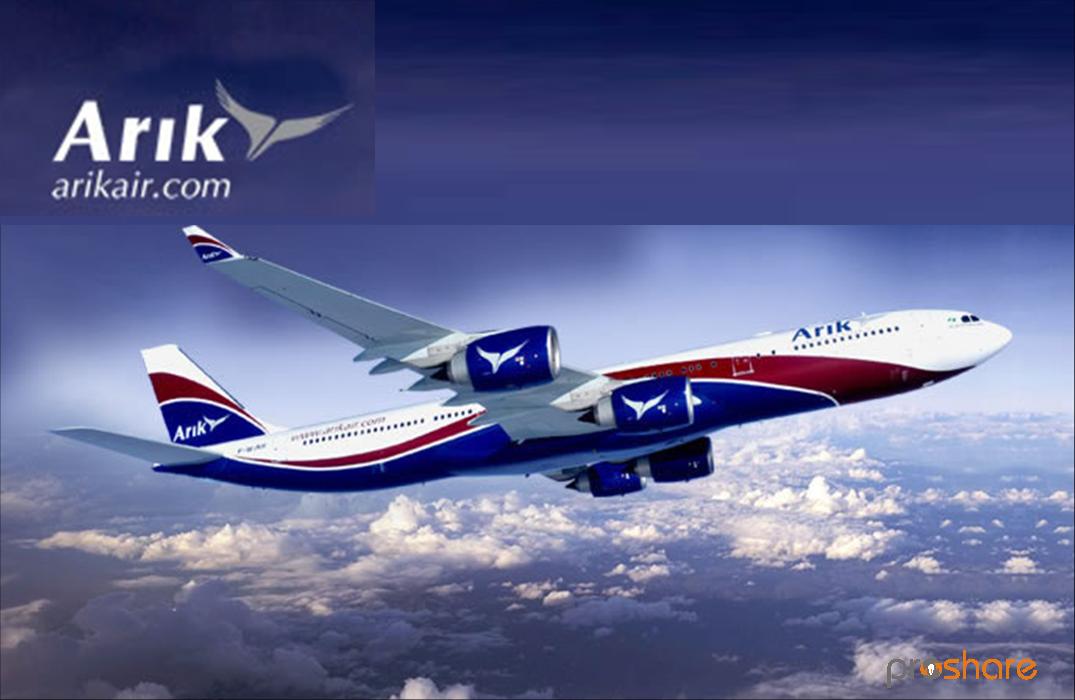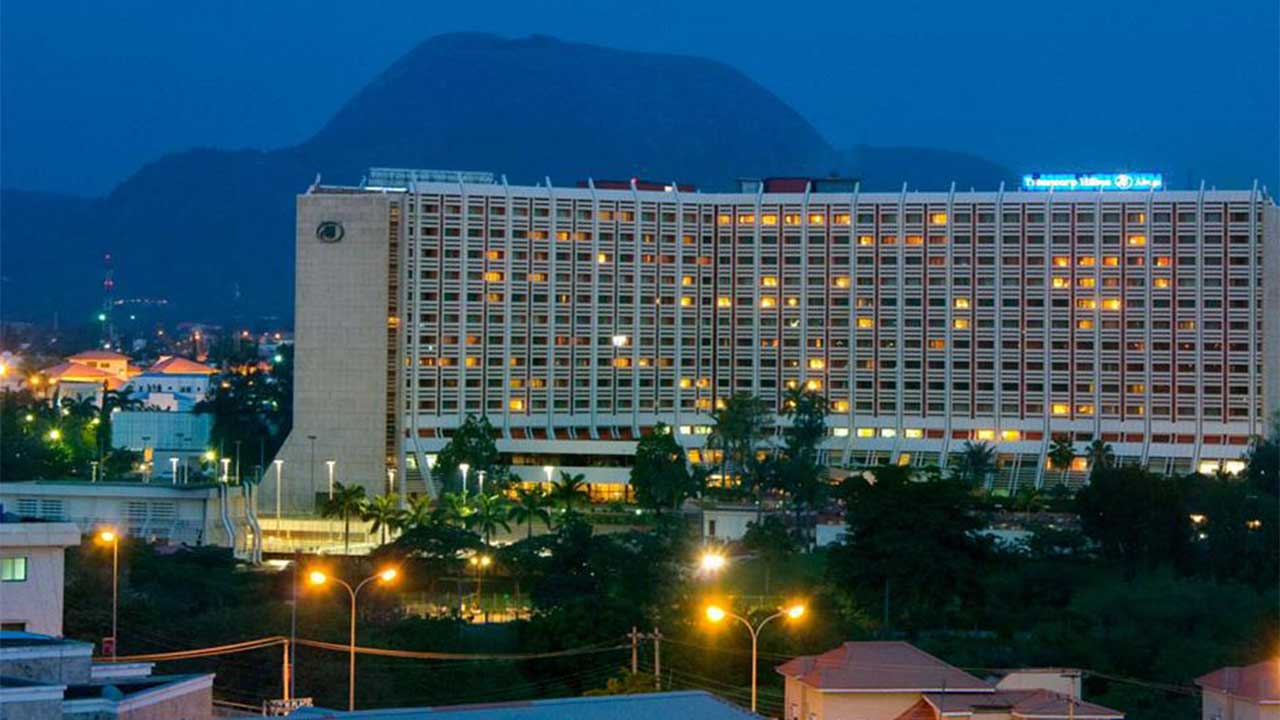- FG Fires nine NCAA Directors
The Federal Government on Friday sacked nine directors of the Nigerian Civil Aviation Authority in what officials of the Federal Ministry of Transportation described as a further reorganisation of the aviation sector to enhance efficiency.
It was learnt that the sacked directors had received letters to that effect from the aviation arm of the Federal Ministry of Transportation.
Officials of the ministry told our correspondent that the sacking was part of the restructuring exercise in the sector as was announced by the Minister of State for Aviation, Senator Hadi Sirika, last year.
Those affected are the Director of Finance and Accounts, Alhaji Salawu Ozigi; Director of Aerodrome and Airspace Standards, Dr. Joyce Nkemakolam; Director of Administration, Mr. Aba Ejembi; and Director of Licensing, Mr. Emmanuel Ogunbami.
Others are the Director of Airworthiness, Mr. Benedict Adeyileka; Director of Air Transport Regulation, Mr. Justus Wariya; Director of Consumer Protection, Alhaji Adamu Abdullahi; Director of General Aviation, Capt. Ayodele Sasegbon; and Director of Human Resources, Mr. Austin-Amadi Ifeanyi.
The affected directors were said to have been ordered to immediately hand over to the next officers in command in their various directorates.
Sources said the Director-General, NCAA, Capt. Muhtar Usman, had told the affected directors of their disengagement at a meeting he held with them at the Lagos airport.
In October 2016, about 21 senior officials of the Federal Airports Authority of Nigeria were sacked in a major shake-up at the agency.
Those affected at the time, including directors, general managers and deputy general managers, were reportedly handed their termination of appointment letters at the agency.
Our correspondents gathered that the government already had replacements for the sacked directors at the NCAA.
It was further learnt that those to replace the nine sacked directors had been placed on standby and were expected to resume work by Monday.
The NCAA has 11 directorates including, Airworthiness, Licencing Standards, Director-General’s Office, General Aviation, Operations and Training, and Aerodromes and Airspace Standards.
Others are Finance and Accounts, Consumer Protection, Air Transport Regulation, Human Resources, and Administration.
The sacking of the nine directors and their replacement were confirmed by the spokesperson of the NCAA, Mr. Sam Adurogboye.
“I can confirm to you that it is true but don’t ask me why they were sacked,” he told one of our correspondents who asked him for confirmation of the story.
The spokesperson of the aviation ministry, Mr. James Odaudu, also confirmed the development and stated that it was part of the ongoing restructuring in the sector.
“The minister had stated that the sector would be reorganised for efficient service delivery and the termination of appointments of the NCAA directors is in that light,” he said.
However, unconfirmed reports and comments by operators and some officials in the sector were that the directors got their sack letters because of their inability to stem the recent crisis in the sector that led to the takeover of the country’s two largest carriers, Arik Air and Aero Contractors, by the Asset Management Corporation of Nigeria.


 Forex3 weeks ago
Forex3 weeks ago



 Naira2 weeks ago
Naira2 weeks ago
 Billionaire Watch2 weeks ago
Billionaire Watch2 weeks ago




 Naira2 weeks ago
Naira2 weeks ago




 Naira2 weeks ago
Naira2 weeks ago






 Naira4 weeks ago
Naira4 weeks ago


 Naira1 week ago
Naira1 week ago






 Naira4 weeks ago
Naira4 weeks ago





















